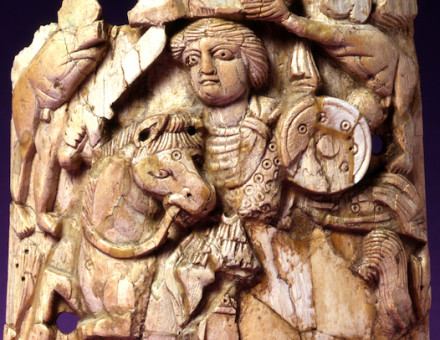Cuba’s Role in American History, Part II
Arnold Whitridge offers his survey of American relations with Cuba from the intervention of 1898 down to Castro’s Revolution.
Why should the Cuban War of Independence have flared up when it did, and why should the United States suddenly have decided that the moment had come to intervene? Those for whom history is primarily a pageant of picturesque personalities insist that the insurrection of 1895 started when it did because by that time the Cuban poet patriot, José Martí, had perfected his plans and was ready to strike.
Martí’s dream of Cuban independence happened to coincide with the disappearance of the American frontier, and a consequent readiness on the part of the American people to embark on new adventures.
Other more prosaic causes, such as the failure of Spain to carry out her promised reforms, and the drop in the price of sugar—causing, as it always does in Cuba, acute economic distress—may have played their part; but José Martí was certainly the moving spirit. This remarkable little man, who at the age of sixteen had already been arrested in Havana for publishing seditious poetry and sentenced to six years’ hard labour, had dedicated himself to the cause of Cuban liberty.





